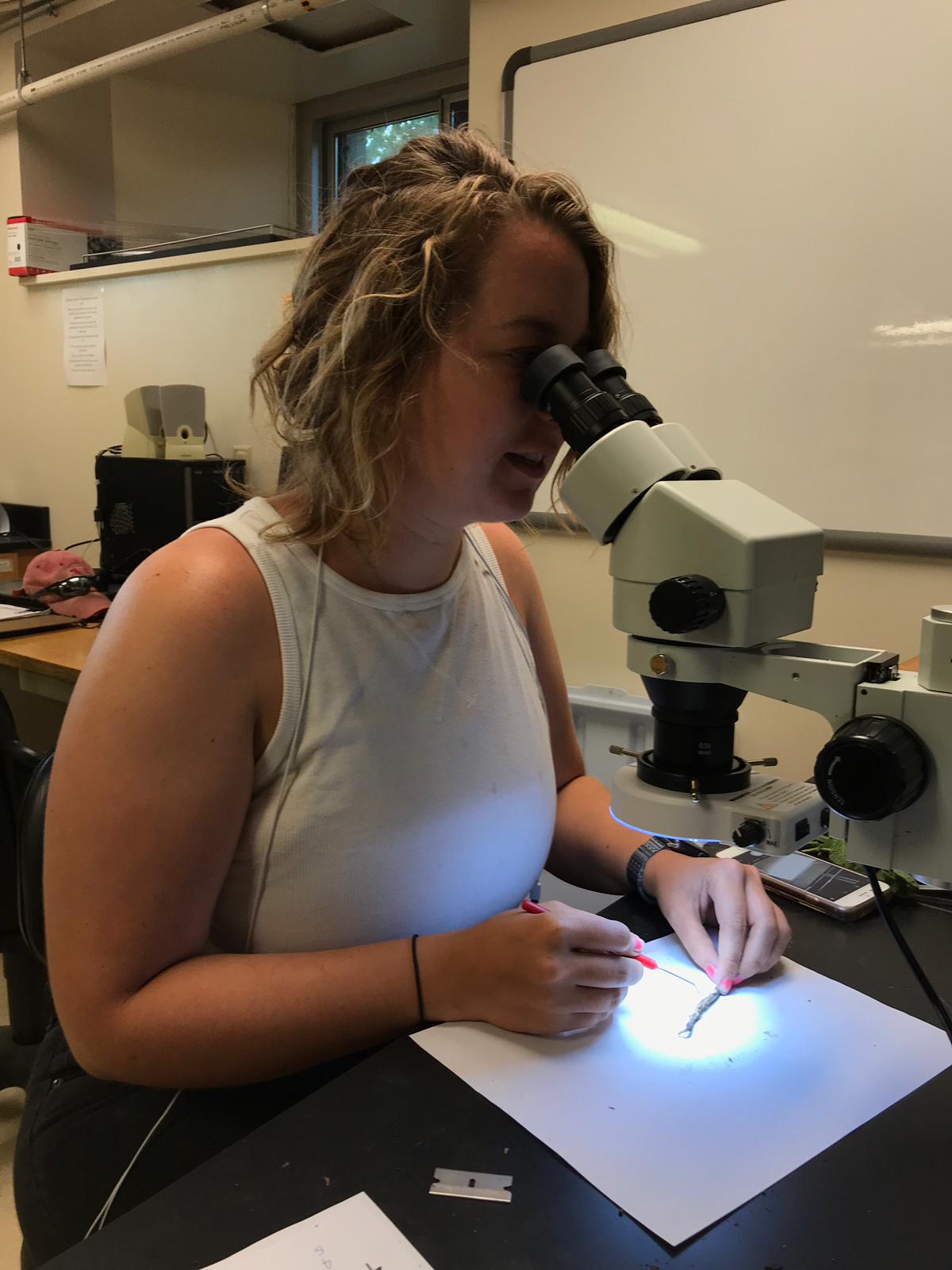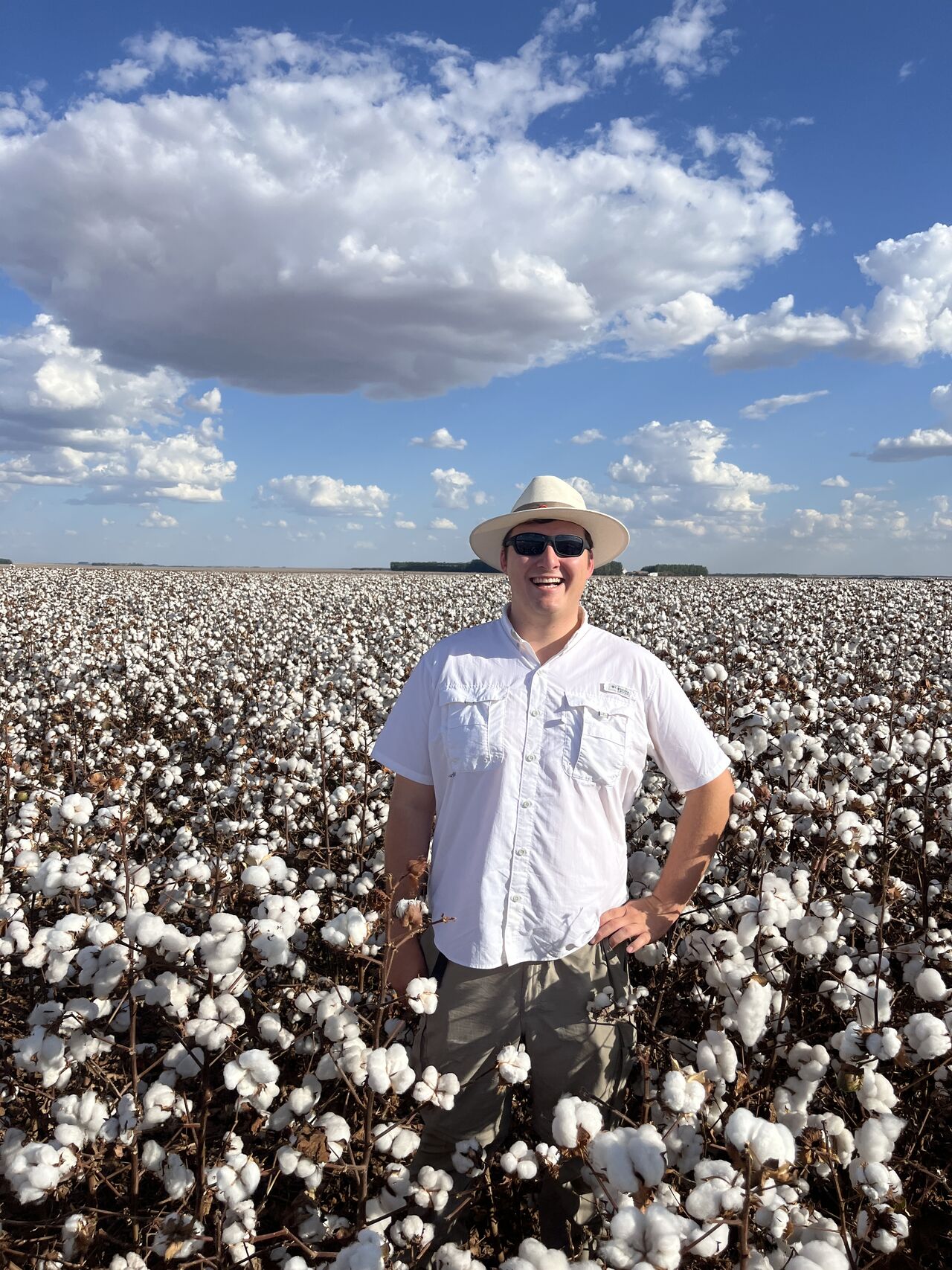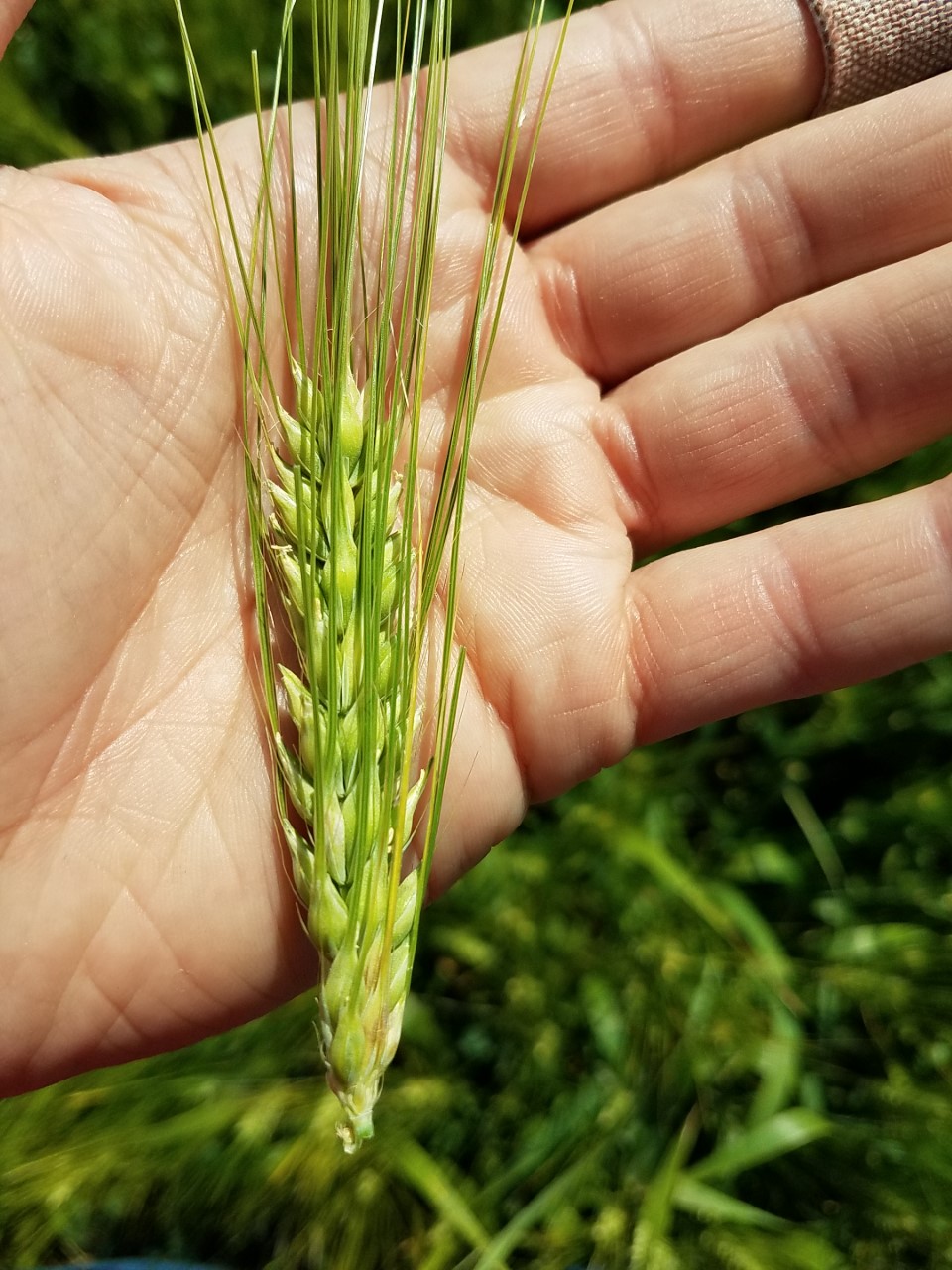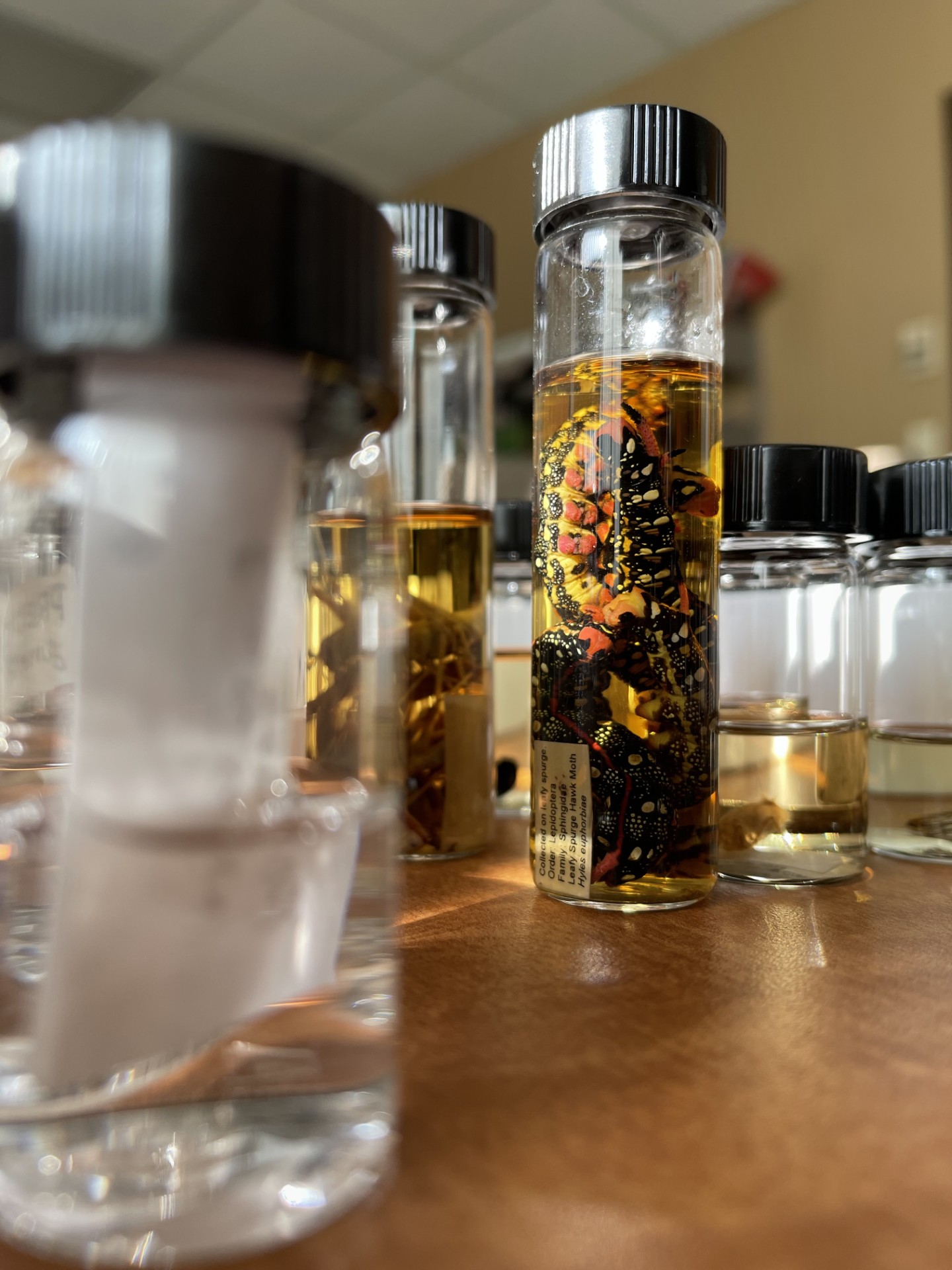"Our Students Make an Impact Anywhere That Plants Grow."
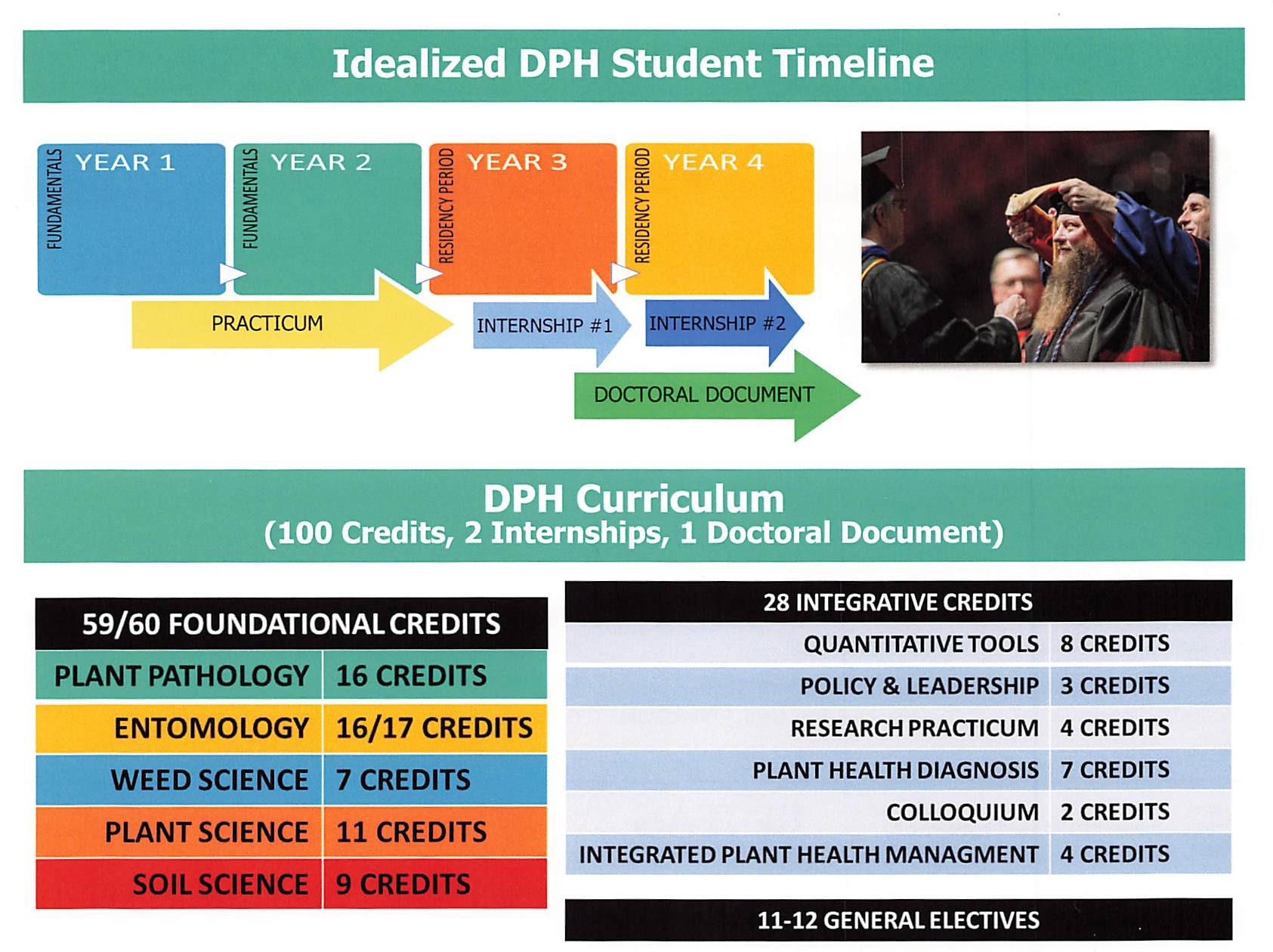
Our Mission:
The mission of the Doctor of Plant Health Program at the University of Nebraska–Lincoln is to produce plant practitioners with broad and deep expertise and experience across the various disciplines that impact plant health and plant management. These plant practitioners (plant doctors) will integrate from across this expertise to diagnose and solve plant health problems and to develop and implement integrated plant and pest management systems that maximize the system's economic, environmental, and social sustainability.
Our Goals:
- Doctor of Plant Health (DPH) graduates (plant doctors) will possess a broad and deep core of interdisciplinary knowledge from all major plant-related disciplines enabling them to address all biotic and abiotic plant health challenges affecting the growth and production of plants.
- DPH graduates, through experiential training opportunities (internships) will gain experience in integrating interdisciplinary knowledge into practical problem-solving and the development and implementation of integrated plant and pest management systems.
- DPH graduates, through the flexibility in elective credits and internships, will have enhanced training to meet their specific professional goals and bolster training credentials.
- DPH graduates will be capable of comprehensive diagnosis and management of challenges to plant health.
- DPH graduates will have enhanced professional capabilities in leadership and communication and will become leaders in their respective businesses and communities.
- DPH graduates will meet a growing need to address system oriented plant health issues worldwide with careers in crop or horticultural consulting, the seed or chemical industry, governmental agencies, extension, or other plant-related, private sector businesses.
DPH News
DPH News
